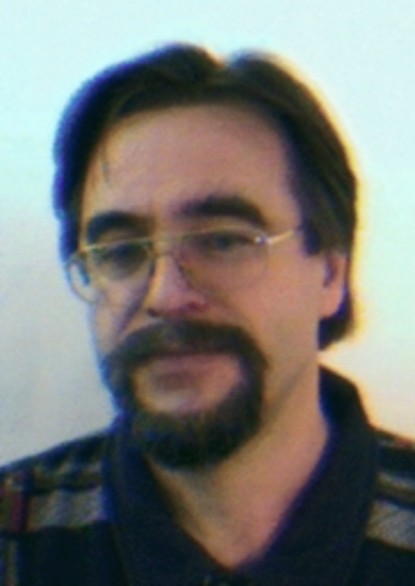Contributions and phenomena studied
We have contributed to the development of methods capable of treating Hamiltonians which contain strong local (screened) interactions between electrons as well as to the understanding of low temperature phenomena in metallic solids, to which such Hamiltonians are applicable.
Phenomena studied entrail the anomalous low temperature thermodynamics of certain Rare Earth and Actinide alloys and compounds (known as `Intermediate Valence''-, `Kondo''-, or `Heavy Fermion''-systems), their correspondingly anomalous transport properties and new forms of magnetic and superconducting states developing within them, and also certain aspects of metallic solids with nontrivial crystal cells which show coexistence of magnetism and superconductivity or a metal-insulator transition with varying composition, pressure or temperature.
Methods
Among the methods we use and develop further are self-consistent theories in a general sense, such as e.g. slave-particle mean-field theories or equation of motion decoupling, and in particular various forms of perturbation theory with infinite order resummations, which are adapted to the case of strong local correlations, e.g. circumvent Wick's theorem. Latest progress includes a systematic and far reaching improvement over the non-crossing approximation (NCA) to the Anderson model and a Feynman-diagram technique for systems with infinitely strong local repulsion (Hubbard-U).
Contact
| Name | Contact | |
|---|---|---|

| Prof. Dr. Norbert Grewe | grewe@fkp.tu-... |

